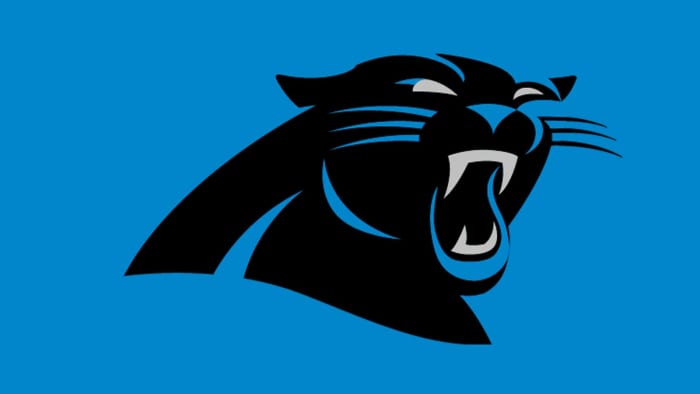The Panthers haven't always done everything right in their 20 years of selecting players in the NFL Draft. No franchise can say it has.
But when you look at the Panthers' history of first-round selections, especially over the last 14 years, they've been able to check the box in perhaps the most important facet of the draft on nearly every occasion.
Much of the credit for that goes to former general manager Marty Hurney and the staff of talent evaluators he built around him.
"Marty Hurney, if you look at it, did an incredible job with first-round draft picks," said one of those selections, tackle Jordan Gross, whom the Panthers chose eighth overall in 2003.
Hurney and Jack Bushofsky, then the director of player personnel, took charge of Carolina's draft in 2001 during what turned out to be George Seifert's final season as head coach. They were the brains behind the draft that produced linebacker Dan Morgan, defensive tackle Kris Jenkins and wide receiver Steve Smith in the first three rounds that year.
View photos of of Carolina's first-round draft picks through the years.


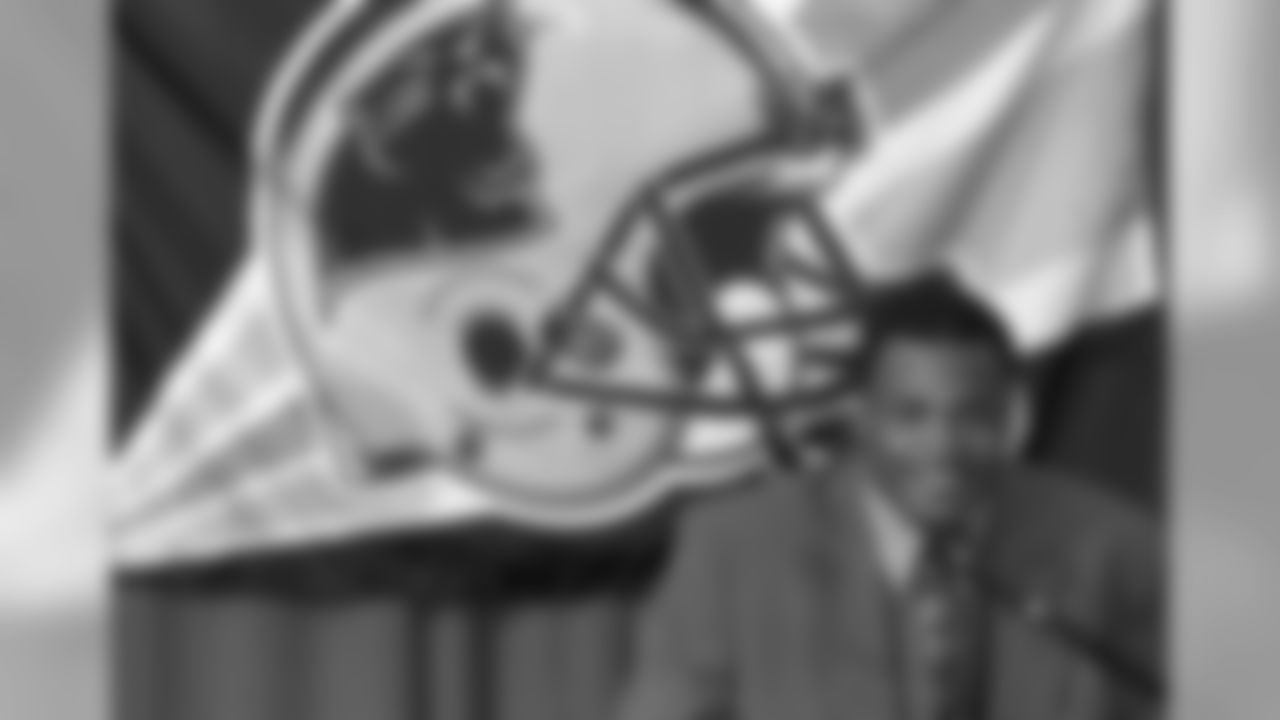
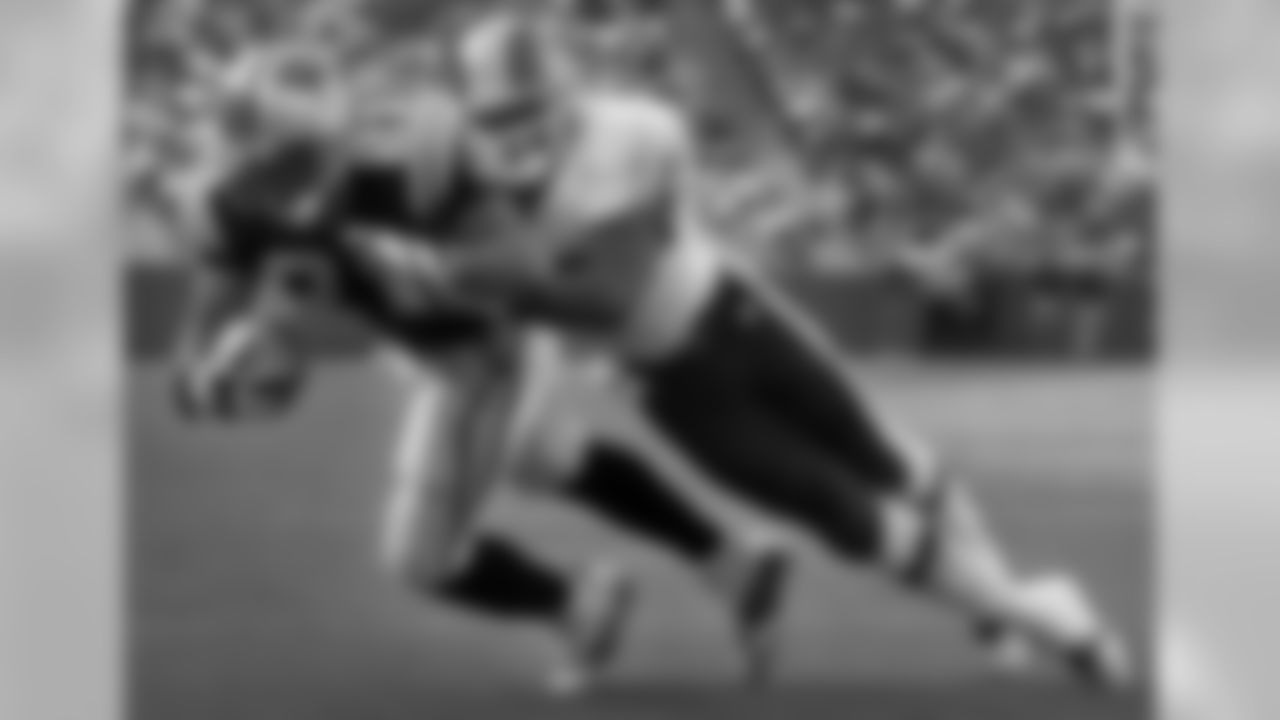





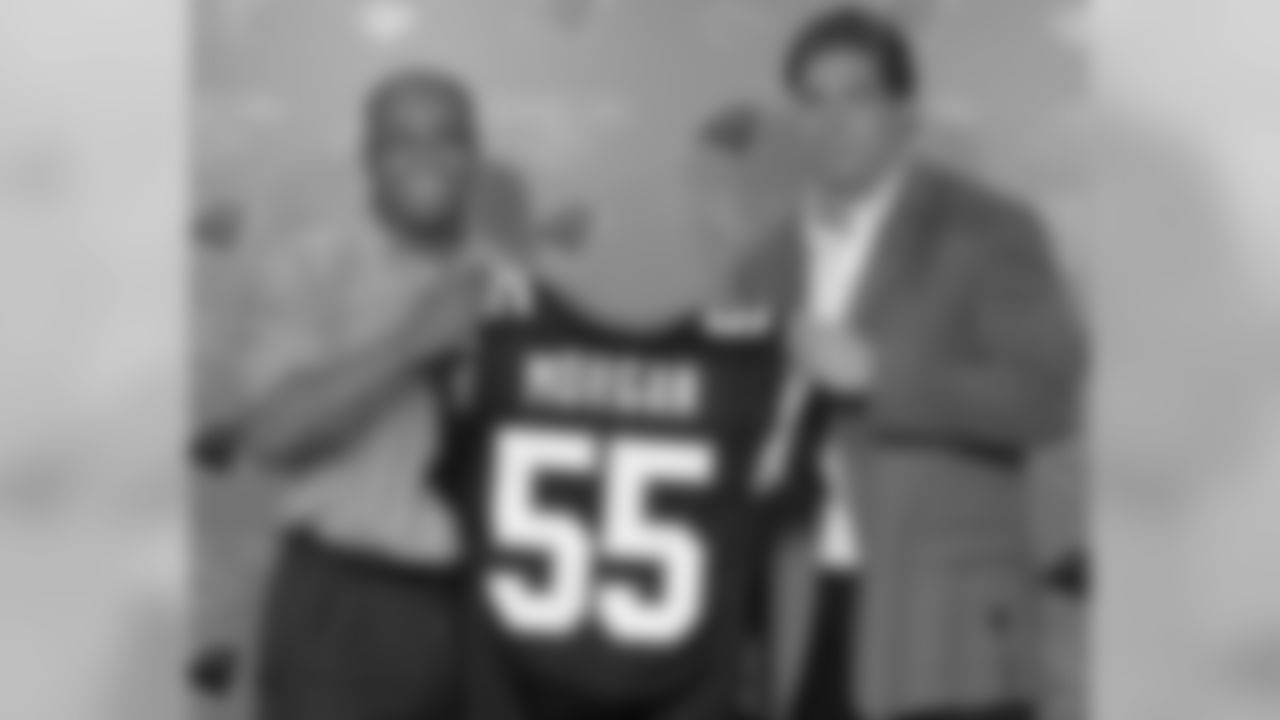
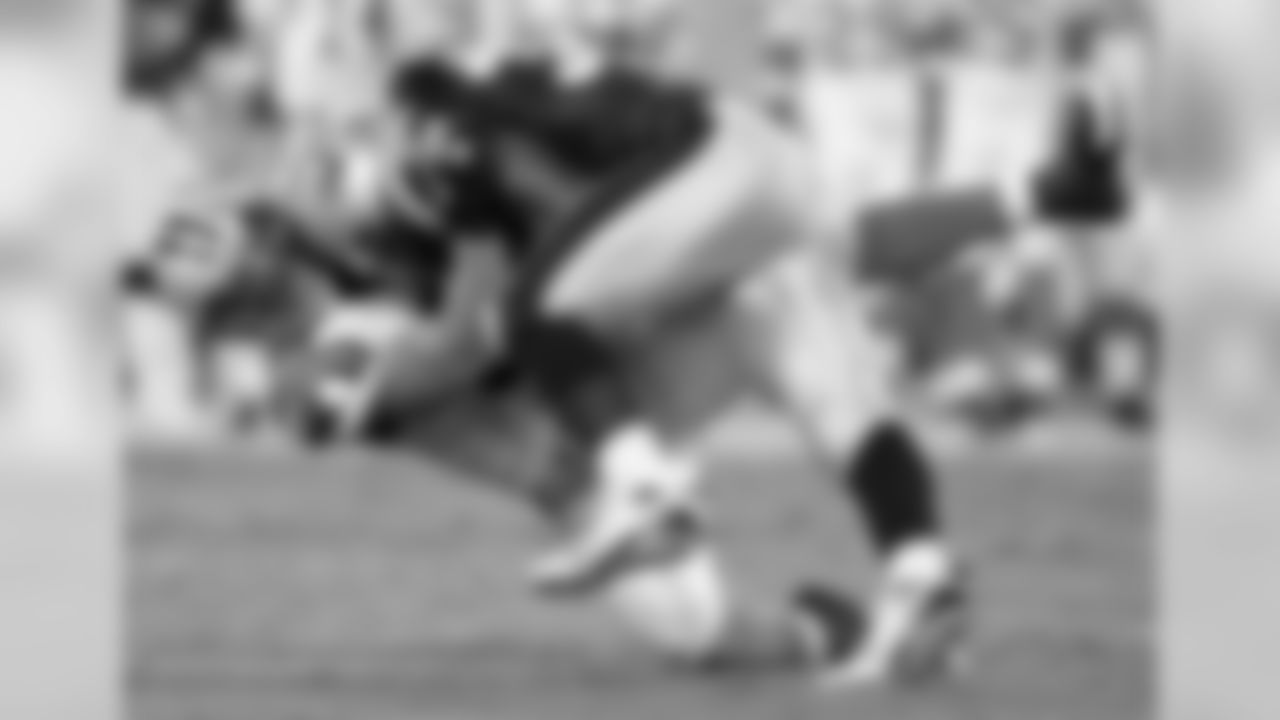
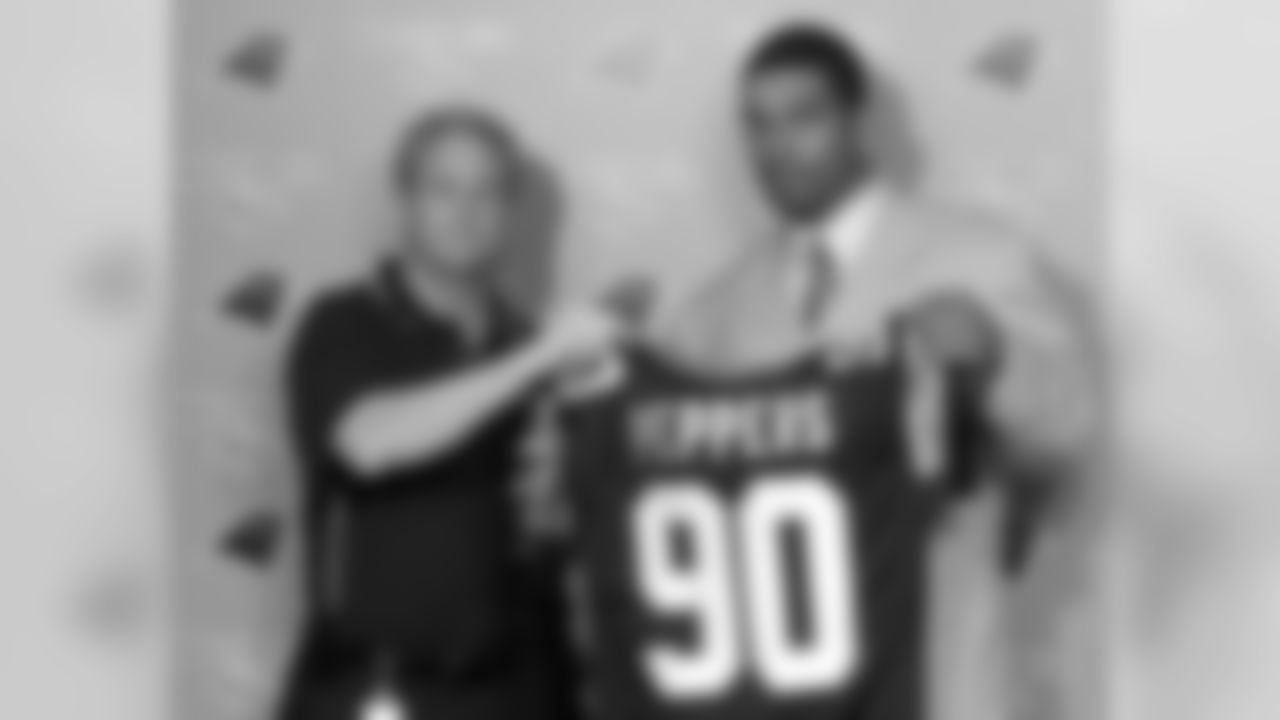
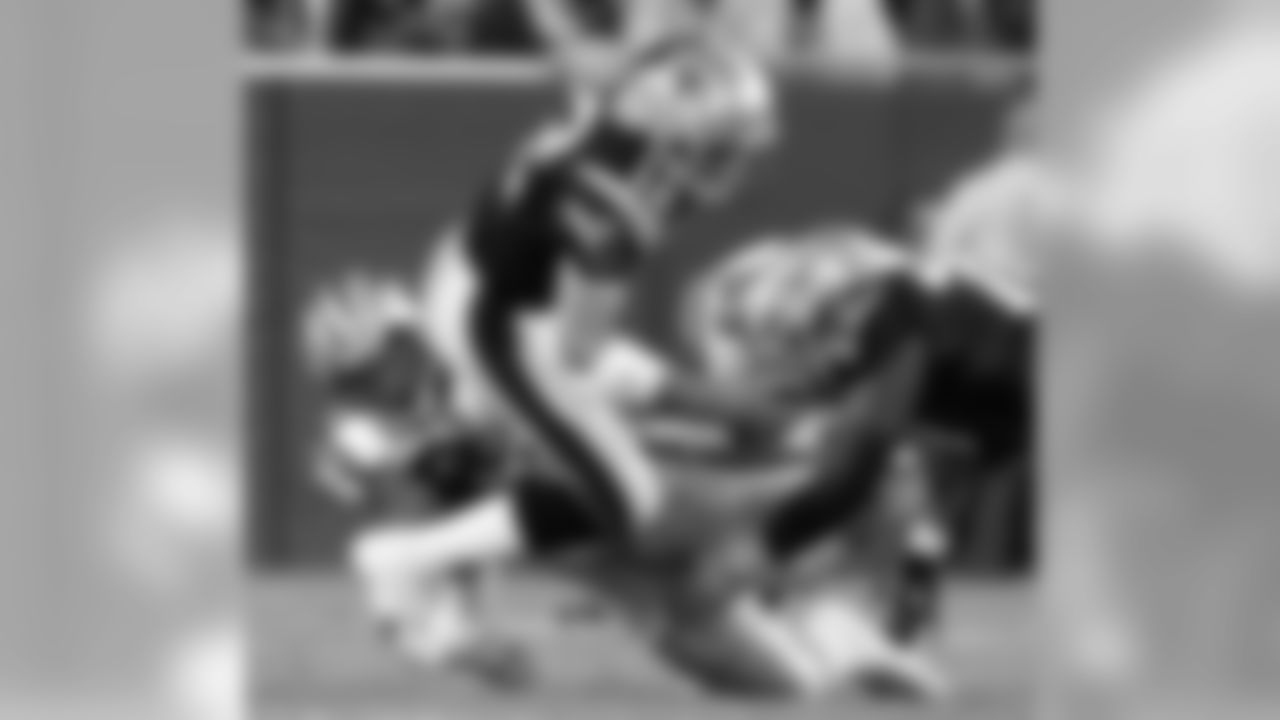
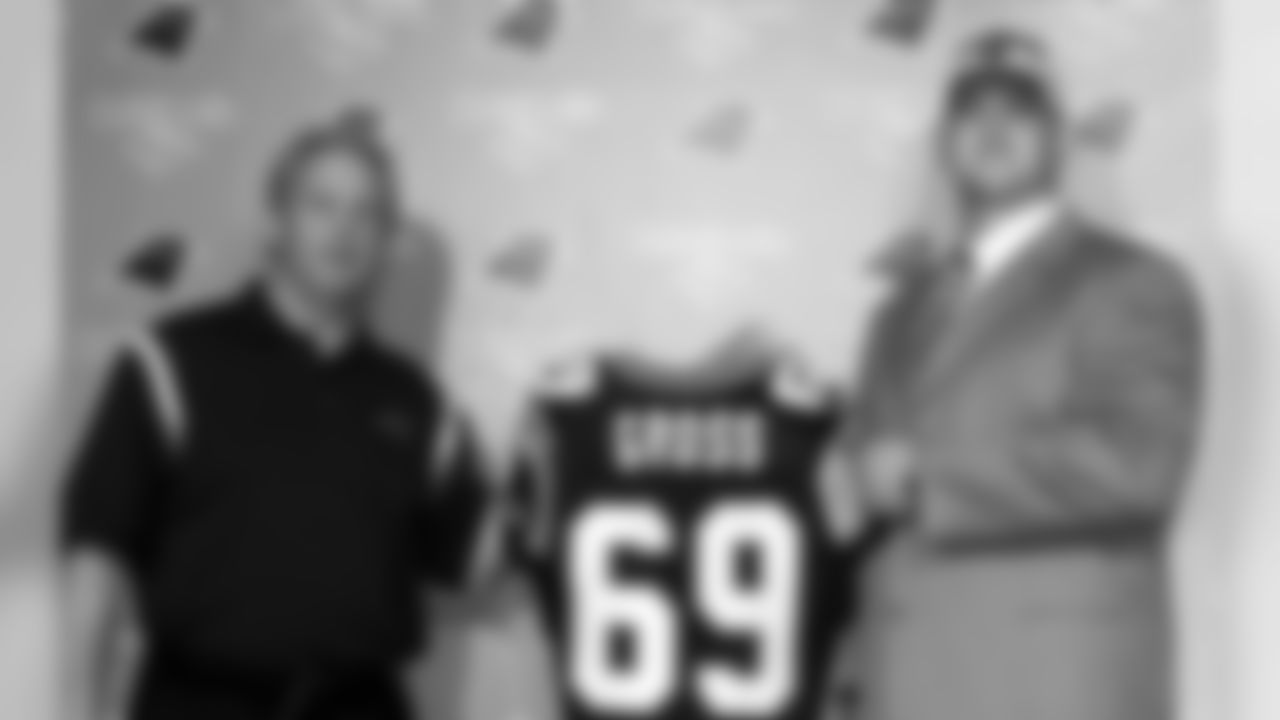

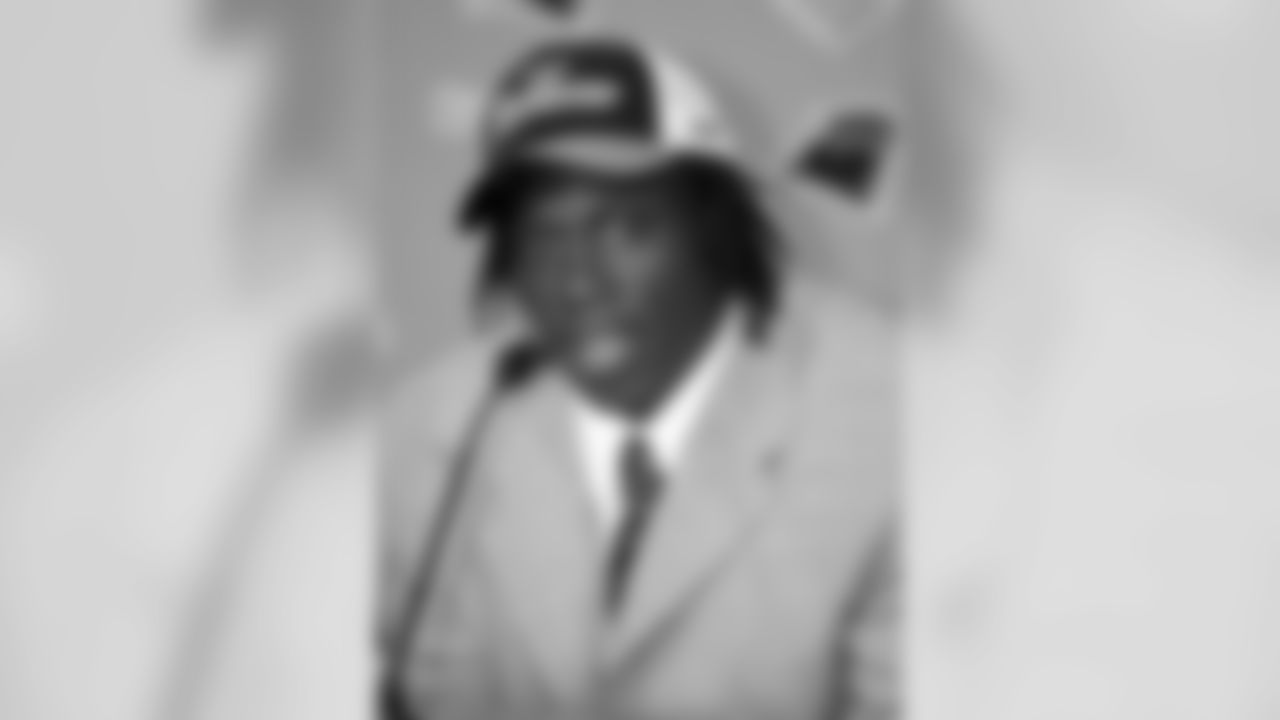
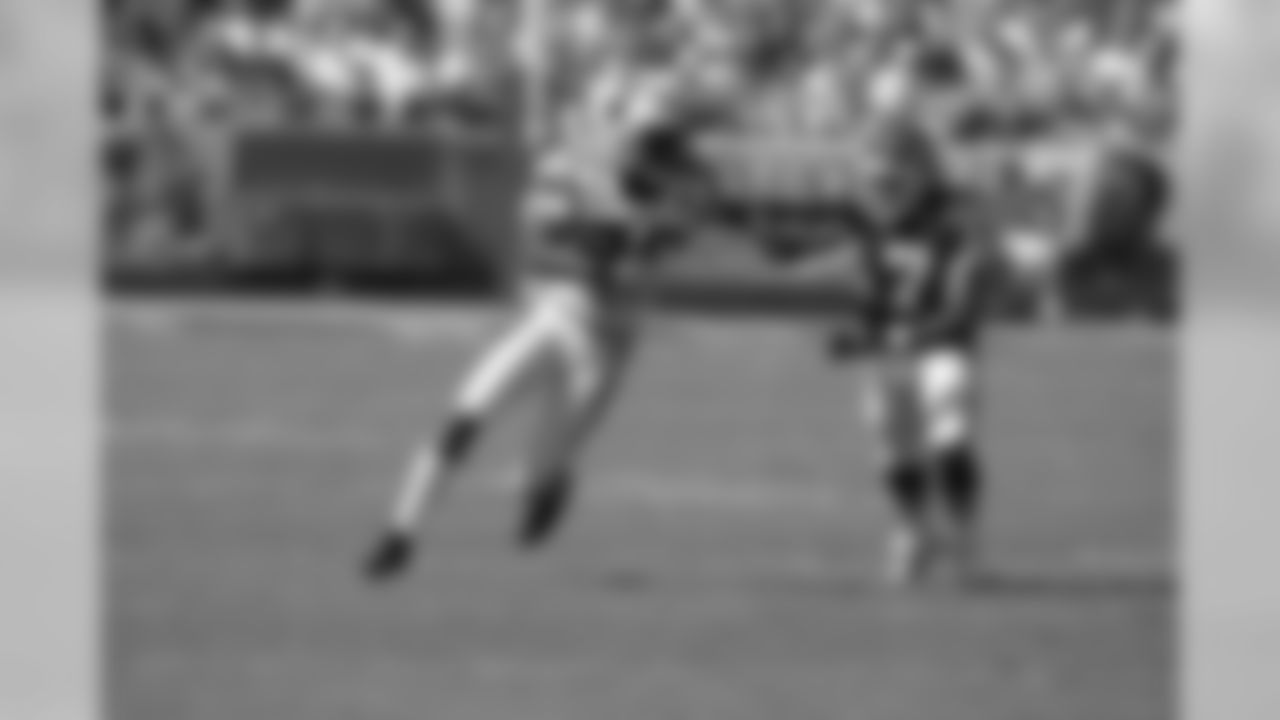
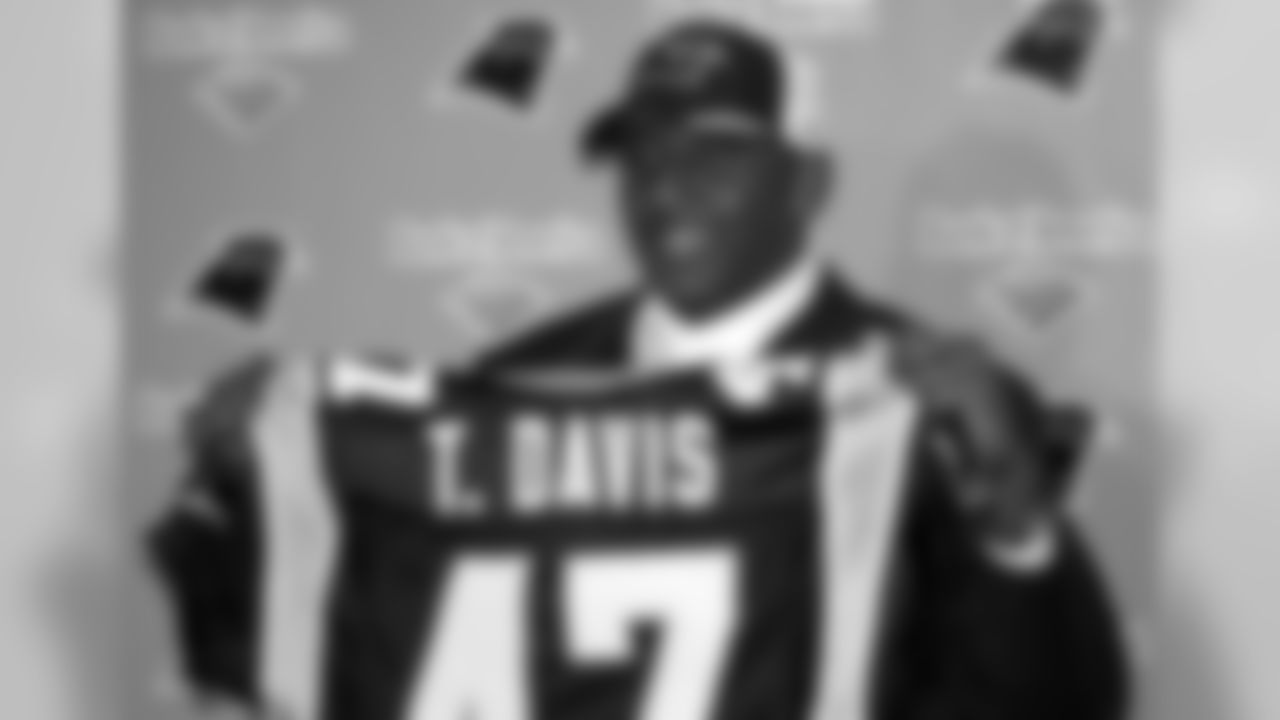
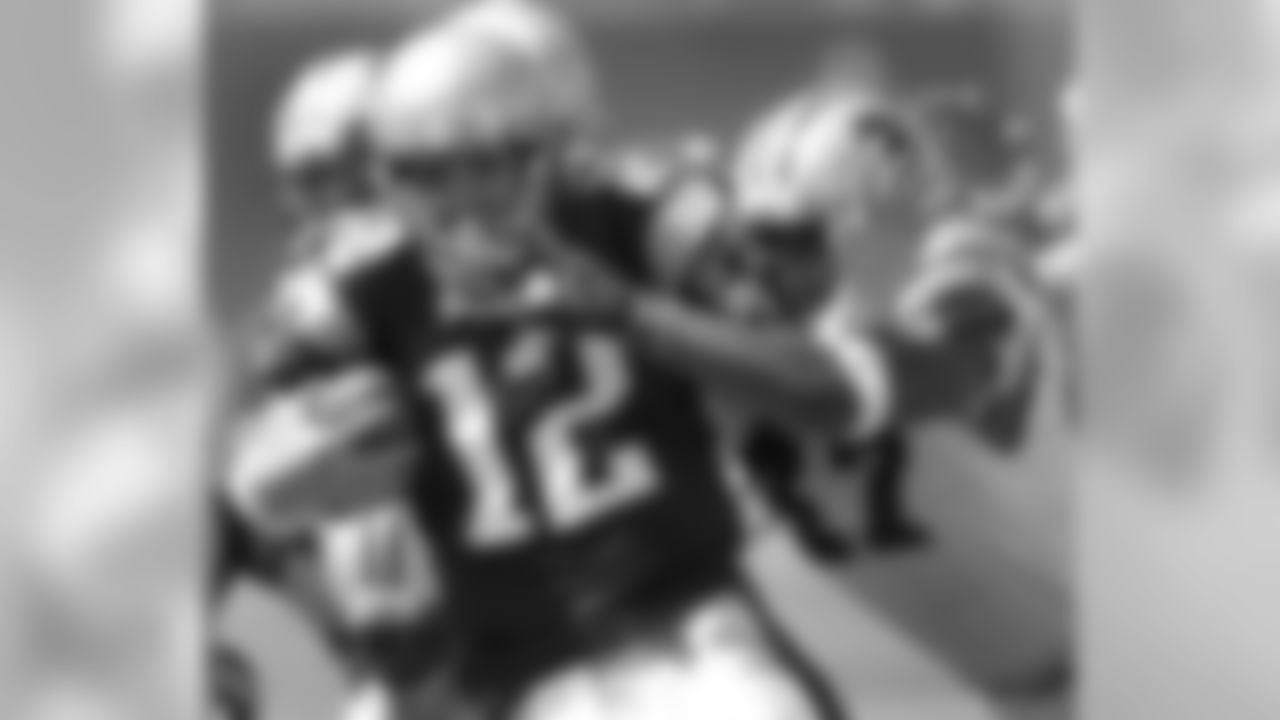
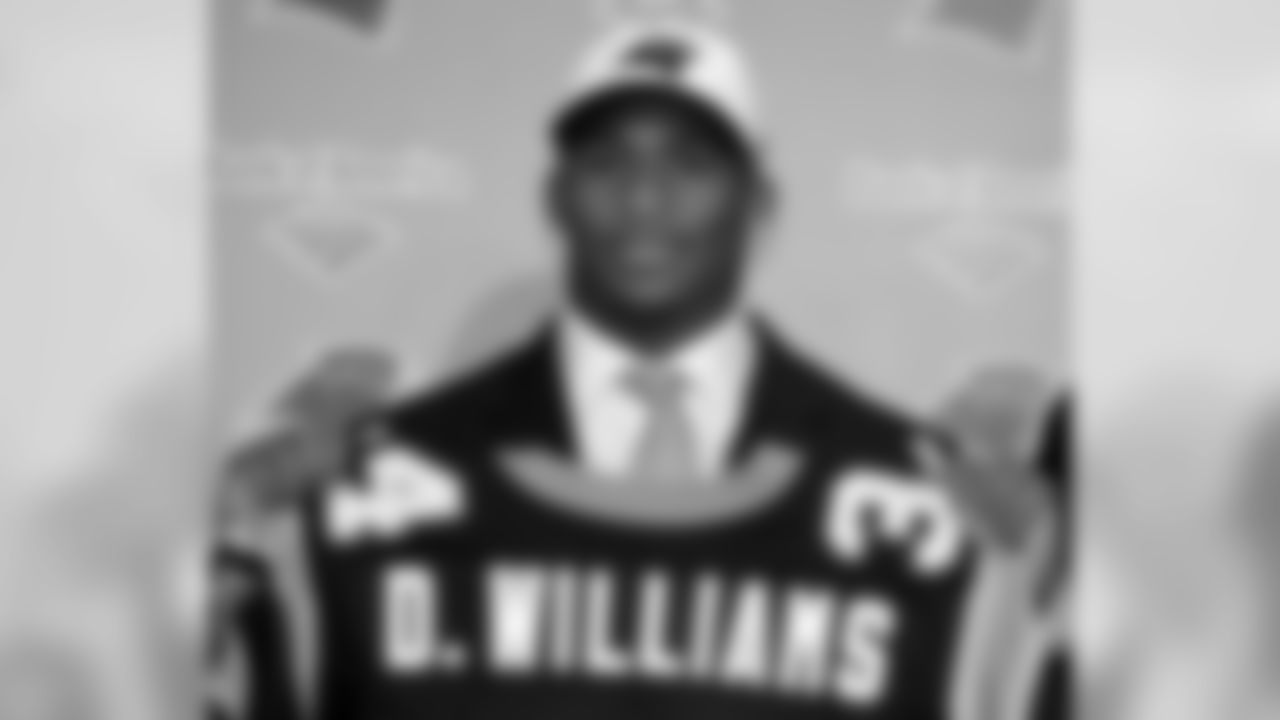
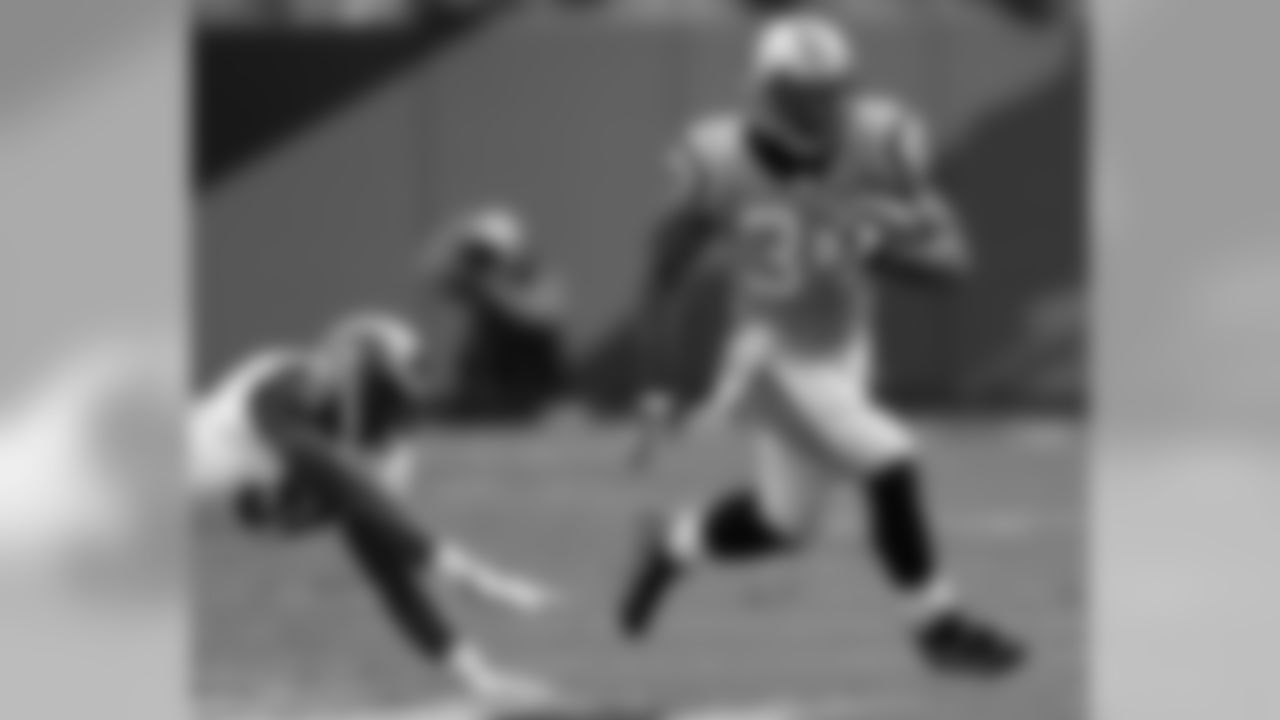
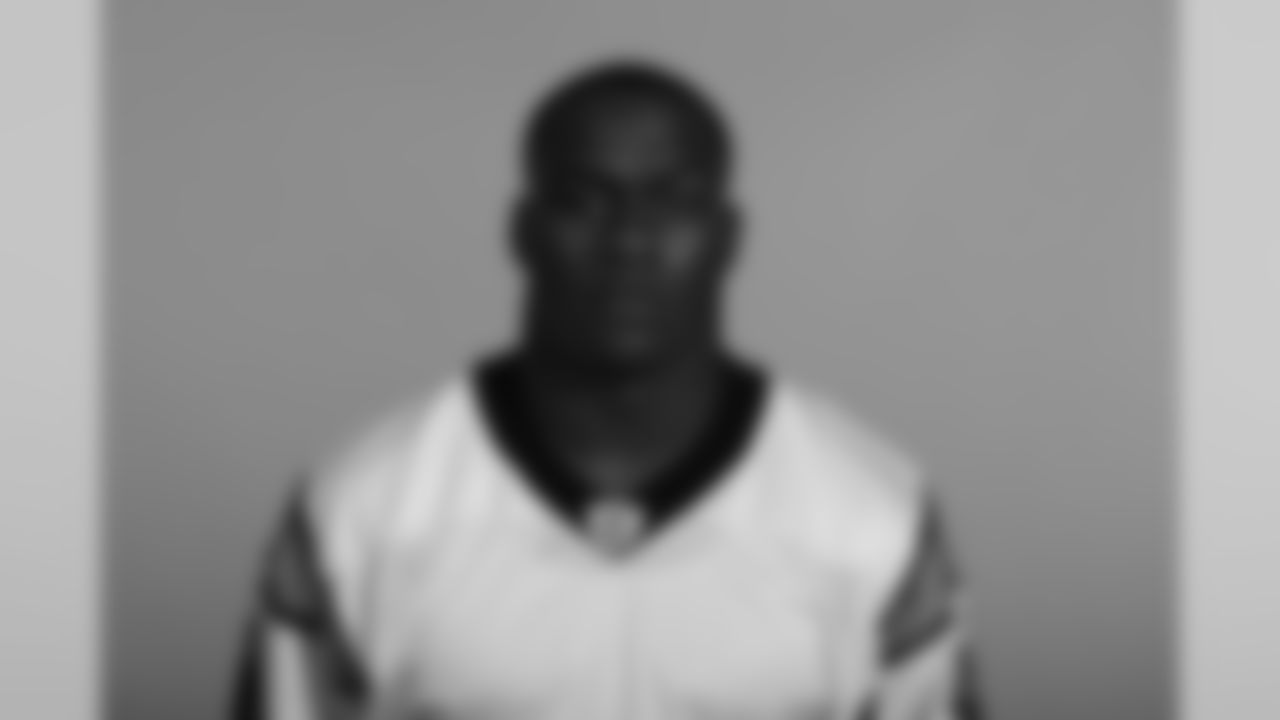


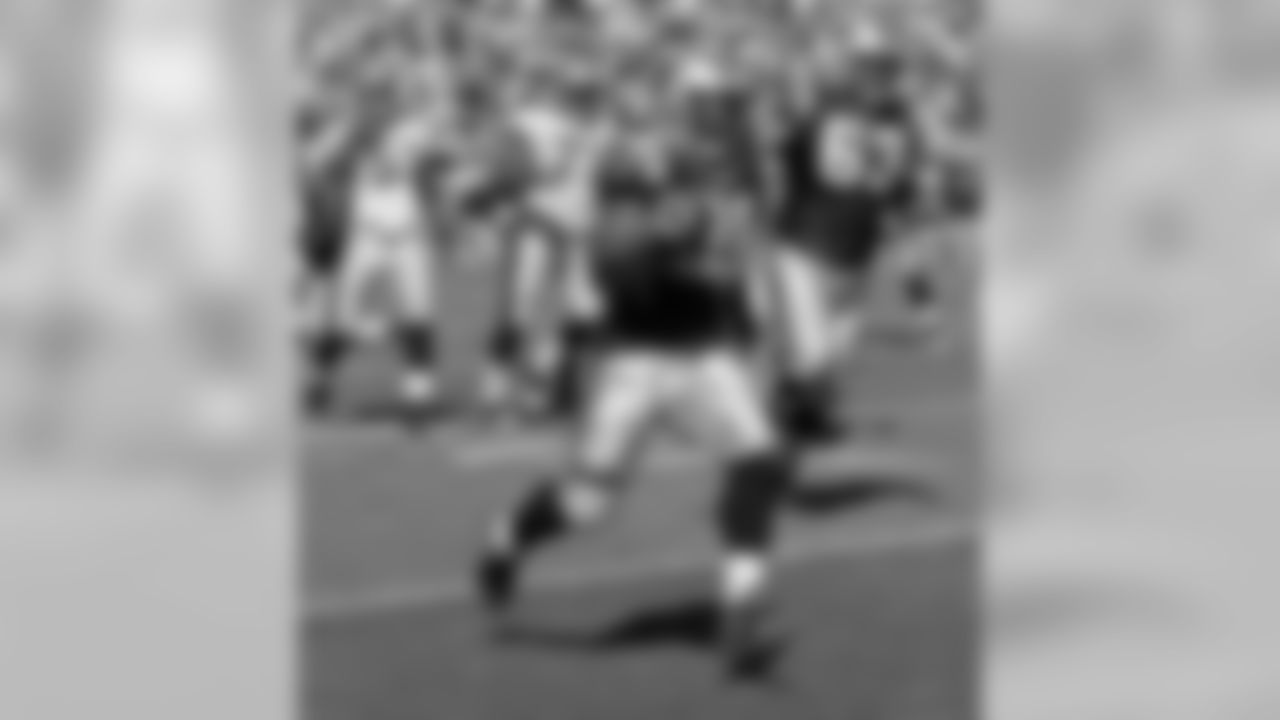
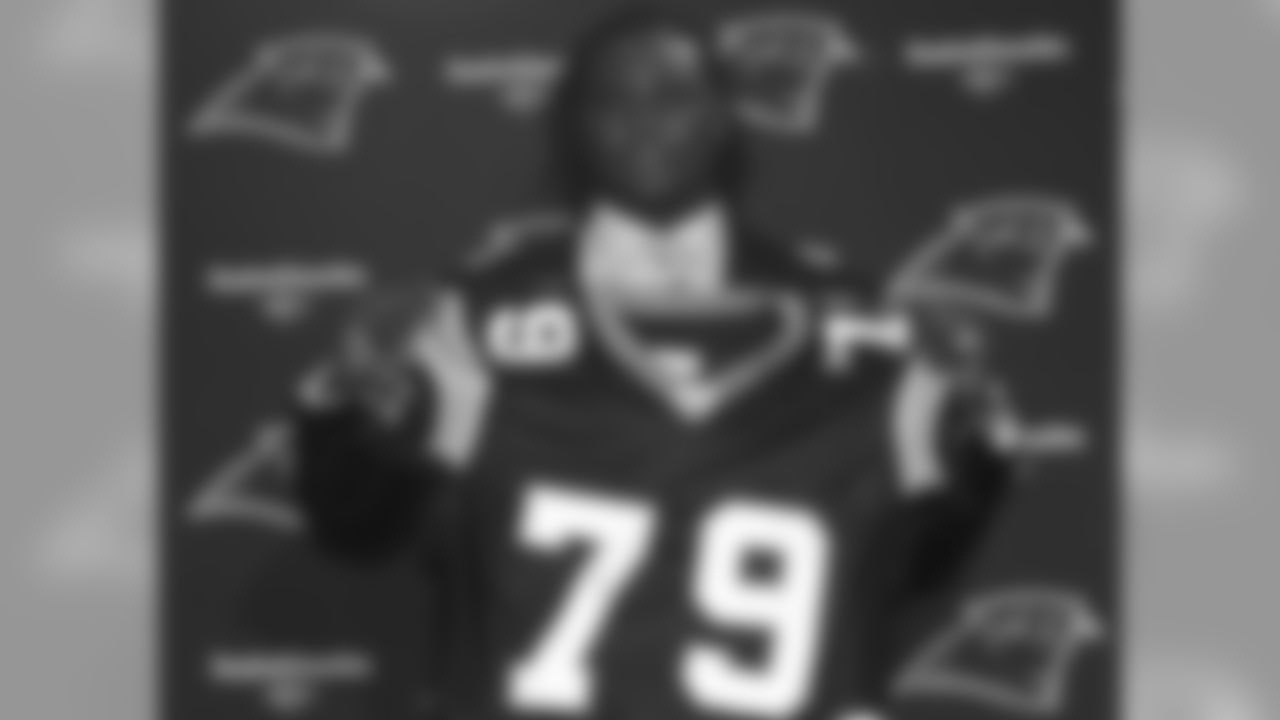
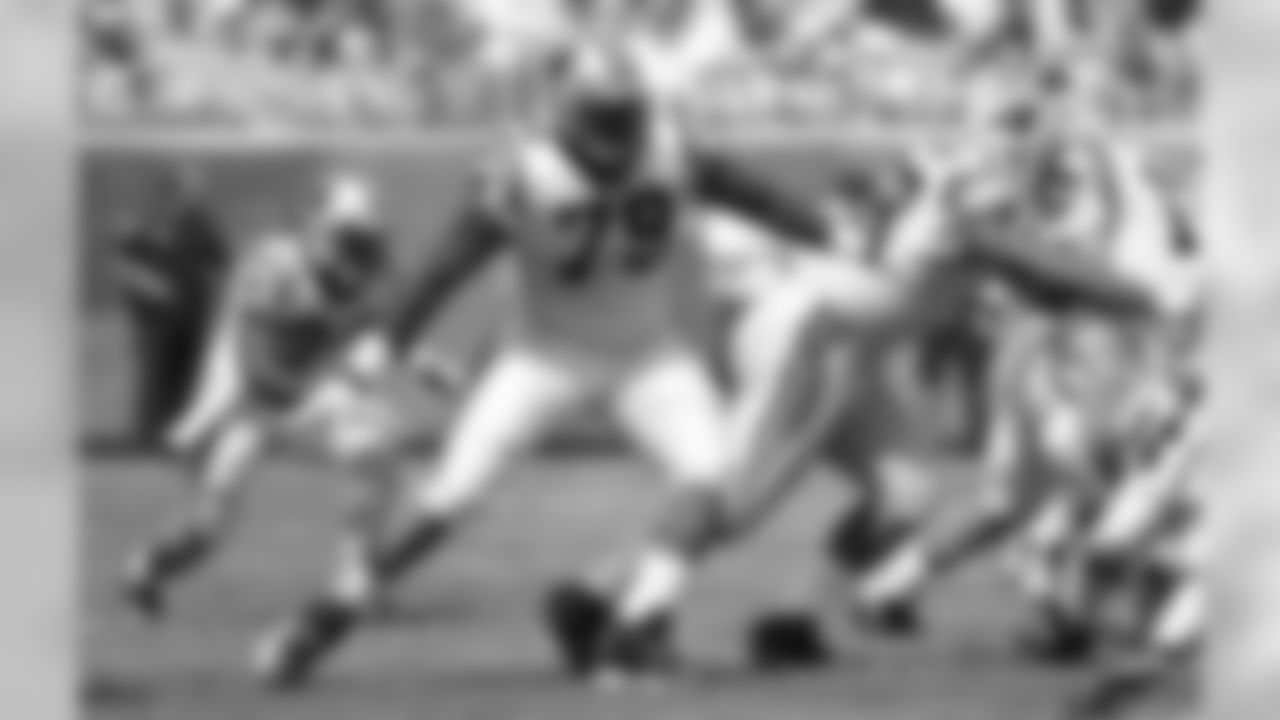
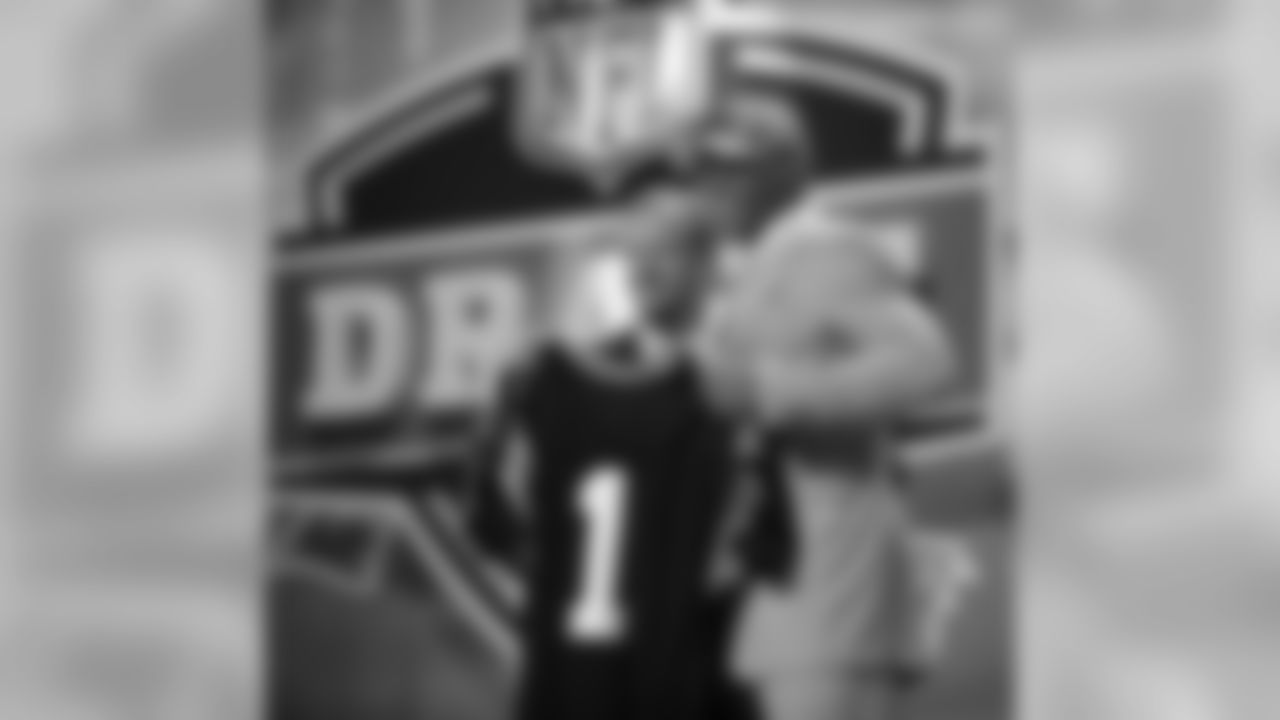
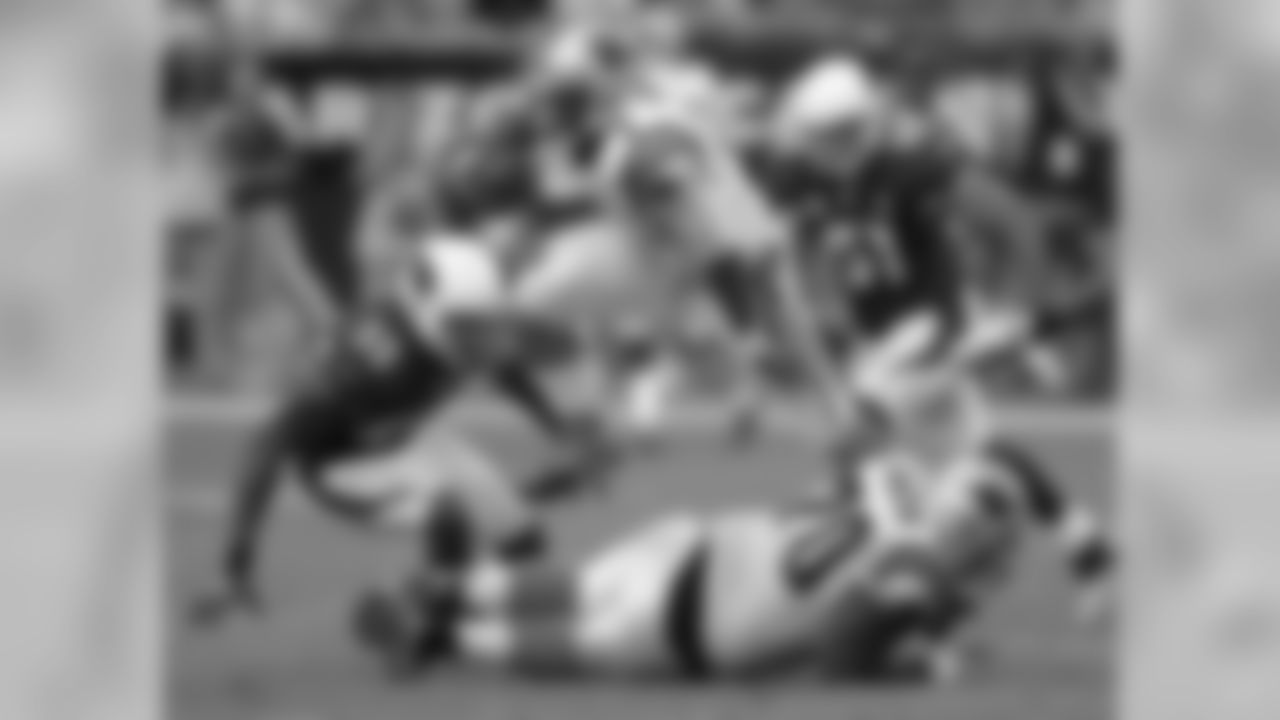

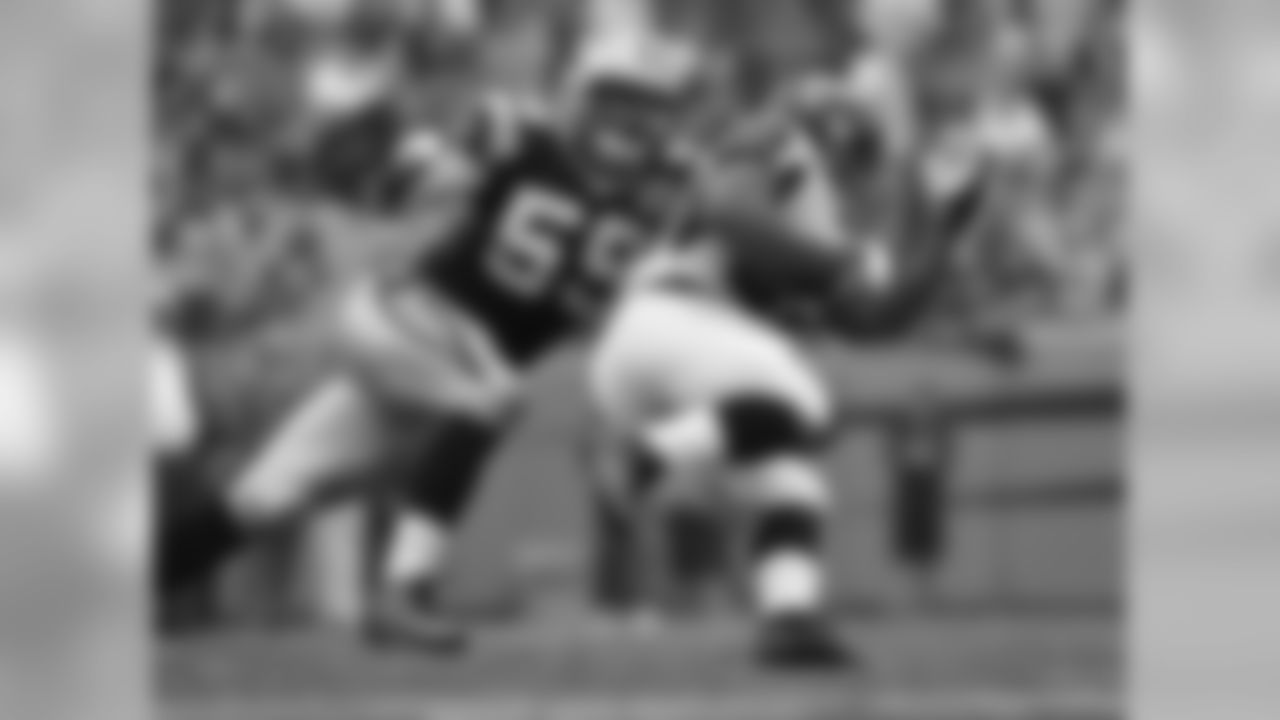

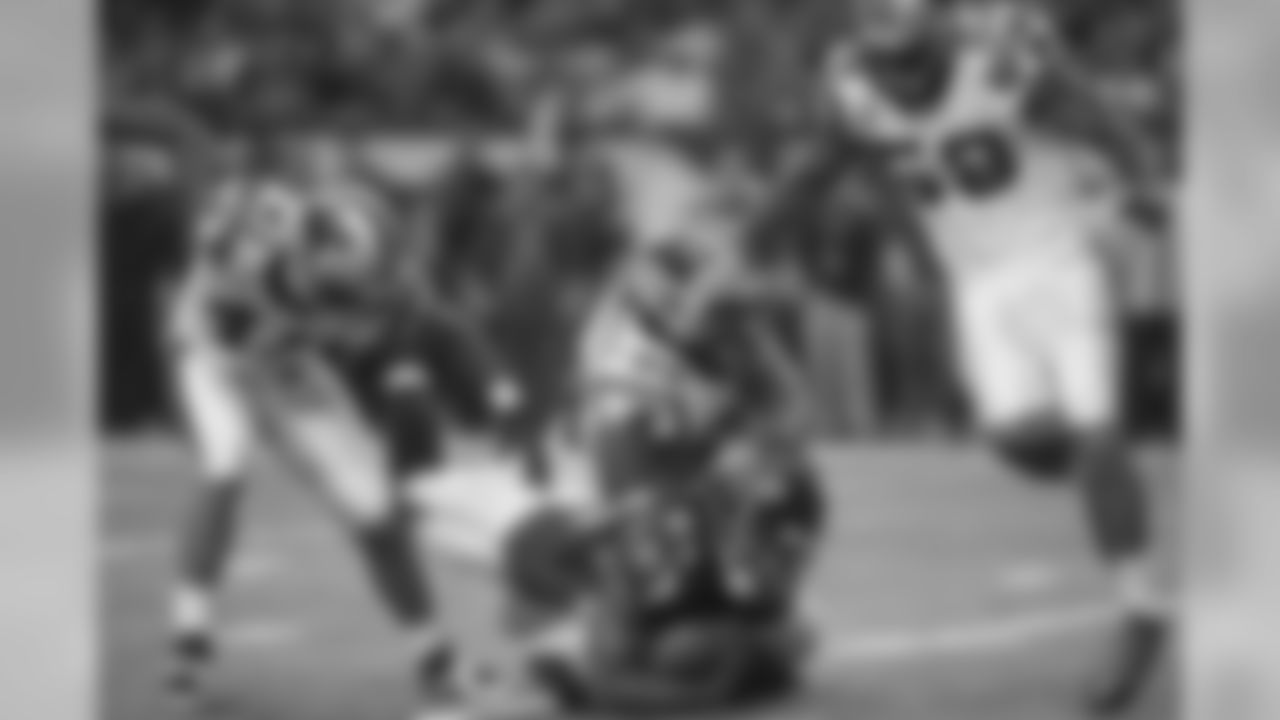

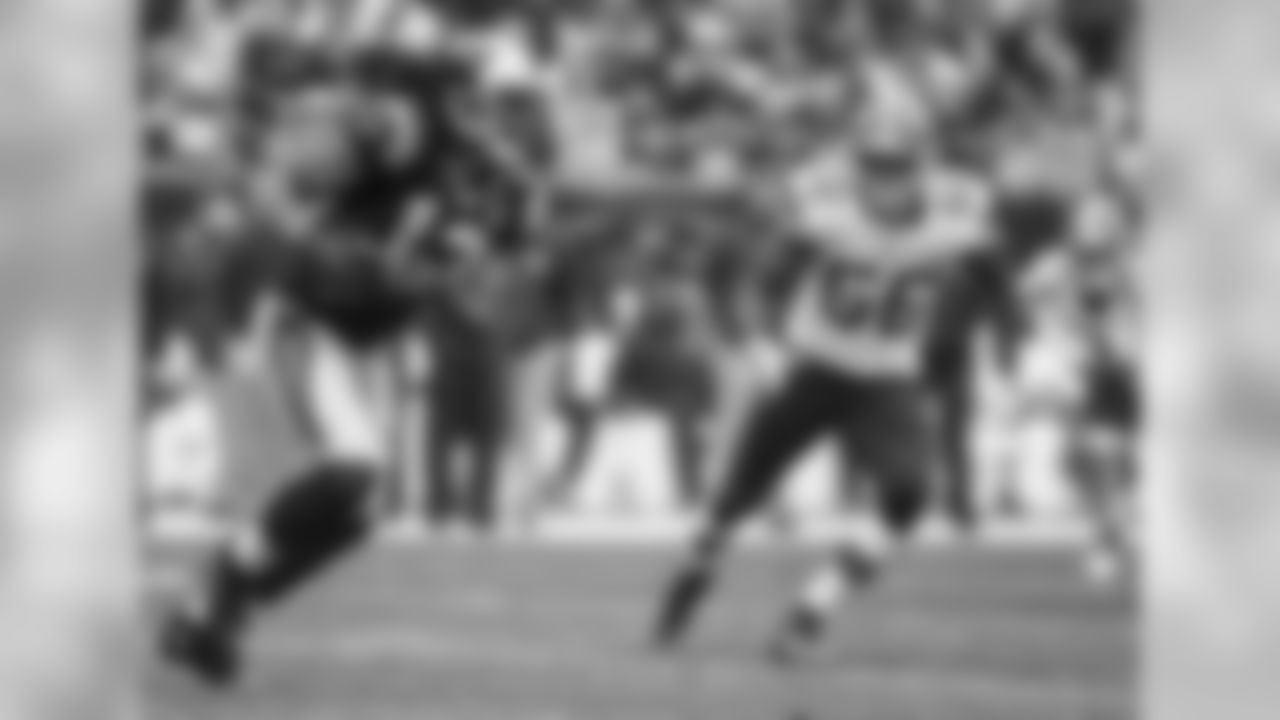
In subsequent years, Hurney-led drafts yielded these first-round selections: defensive end Julius Peppers (No. 2 overall in 2002), Gross (No. 8 in 2003), cornerback Chris Gamble (No. 28 in 2004), safety Thomas Davis (No. 14 in 2005), running back DeAngelo Williams (No. 27 in 2006), linebacker Jon Beason (No. 25 in 2007), running back Jonathan Stewart (No. 13 in 2008), tackle Jeff Otah (No. 19 in 2008), quarterback Cam Newton (No. 1 in 2011), and linebacker Luke Kuechly (No. 9 in 2012).
Including Morgan, the 11 first rounders chosen by Hurney have played in a combined total of 1,006 games with 882 starts for Carolina. They have also appeared in a combined total of 17 Pro Bowls as Panthers.
"And don't forget that Newton was named Offensive Rookie of the Year and Kuechly Defensive Rookie of the Year in back-to-back seasons. That's pretty strong," Gross said.
There were two first-round misses by Hurney, both the result of trades that left Carolina without first-round selections in 2009 and 2010. They traded up to get Otah in the first round in 2008 and then traded up again to grab defensive lineman Everette Brown early in the second round (No. 43 overall) in 2009. Neither player went on to do much, with Brown starting just three games for the Panthers and Otah being released after four injury-plagued seasons.
The miss on Brown was a sore spot for Hurney. The second round, in fact, was never as kind to Hurney as the first – a fact he readily admits.
"You want to hit on your first-round picks. You want to hit on all your high-round picks," Hurney said upon reflection recently. "One of the trouble rounds for us when I was there was the second round. You hate not having a high percentage in that round."
Therein lies the challenge for current Panthers general manager Dave Gettleman, who replaced Hurney following the 2012 season. He wants to continue hitting on first-round picks – and so far has – while improving the team's percentage of success in the second round and others.
"I've said it a million times. If you look at this organization's history, they've hit on the ones," Gettleman said. "You go back and you're hitting on the ones. It's the rest of it where you've got to be more right than wrong."
That doesn't mean Gettleman fails to understand the importance of scoring big in the first round. He is pleased with the development of the two first-round picks the Panthers have made since he's arrived – defensive tackle Star Lotulelei in 2013 and wide receiver Kelvin Benjamin in 2014. Lotulelei has started 29 of the 30 games he has played and earned all-rookie honors, while Benjamin started 15 of 16 games last year and set team rookie records with 73 catches, 1,008 receiving yards and nine receiving touchdowns.
Gettleman said it's all about making certain you do your homework. Every last, tedious bit of it.
"People will tell you the draft is throwing darts," Gettleman said. "Sometimes it is. But if you don't do your homework, you've got no chance. What it is, is it's educated guessing. But you have to decrease your margin of error as much as you can. And the only way you're going to be able to do that is if you've done your homework.
"And there are no shortcuts. There just aren't. You've got to sit down and watch the film, and then you've got to talk about the player. You've got to decide how important football is to this kid."
In other words, it's not all about raw talent or what time some prospect can run in the 40-yard dash.
"It's funny, but we've talked about it during the season in terms of bringing guys in," Gettleman said. "And I told the scouts, 'Look, everybody likes to win.' If Joe Blow is a senior playing at Auburn and I ask you, 'Joe, do you like to win?' Your answer is going to be, 'Yeah, I like to win.'
"Who doesn't like to win? We've got to find the guys who hate to lose. There is a difference there. I know it sounds crazy, but you've got to find that guy who absolutely hates to lose, who absolutely wants to be the best. And those guys will overcome."


